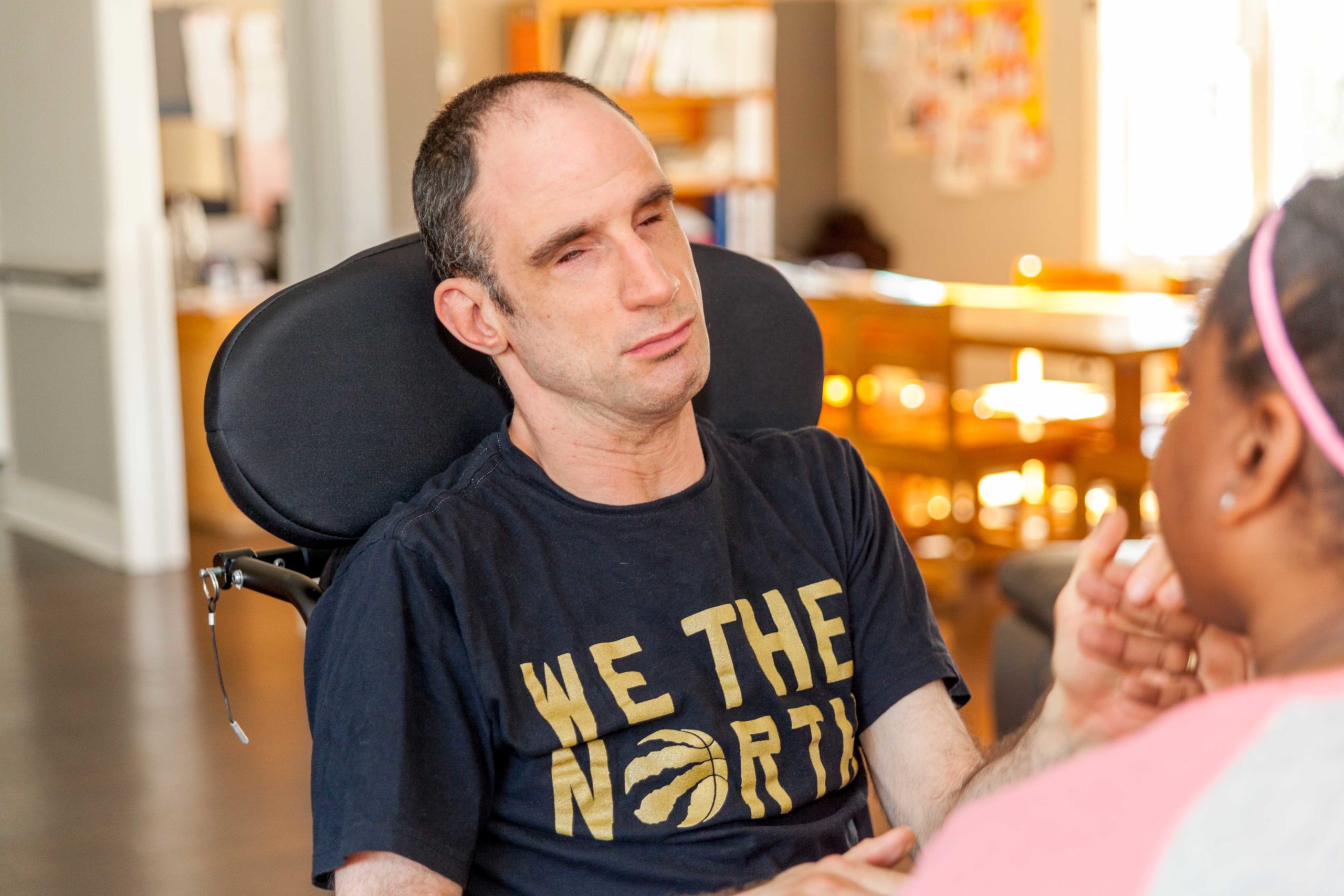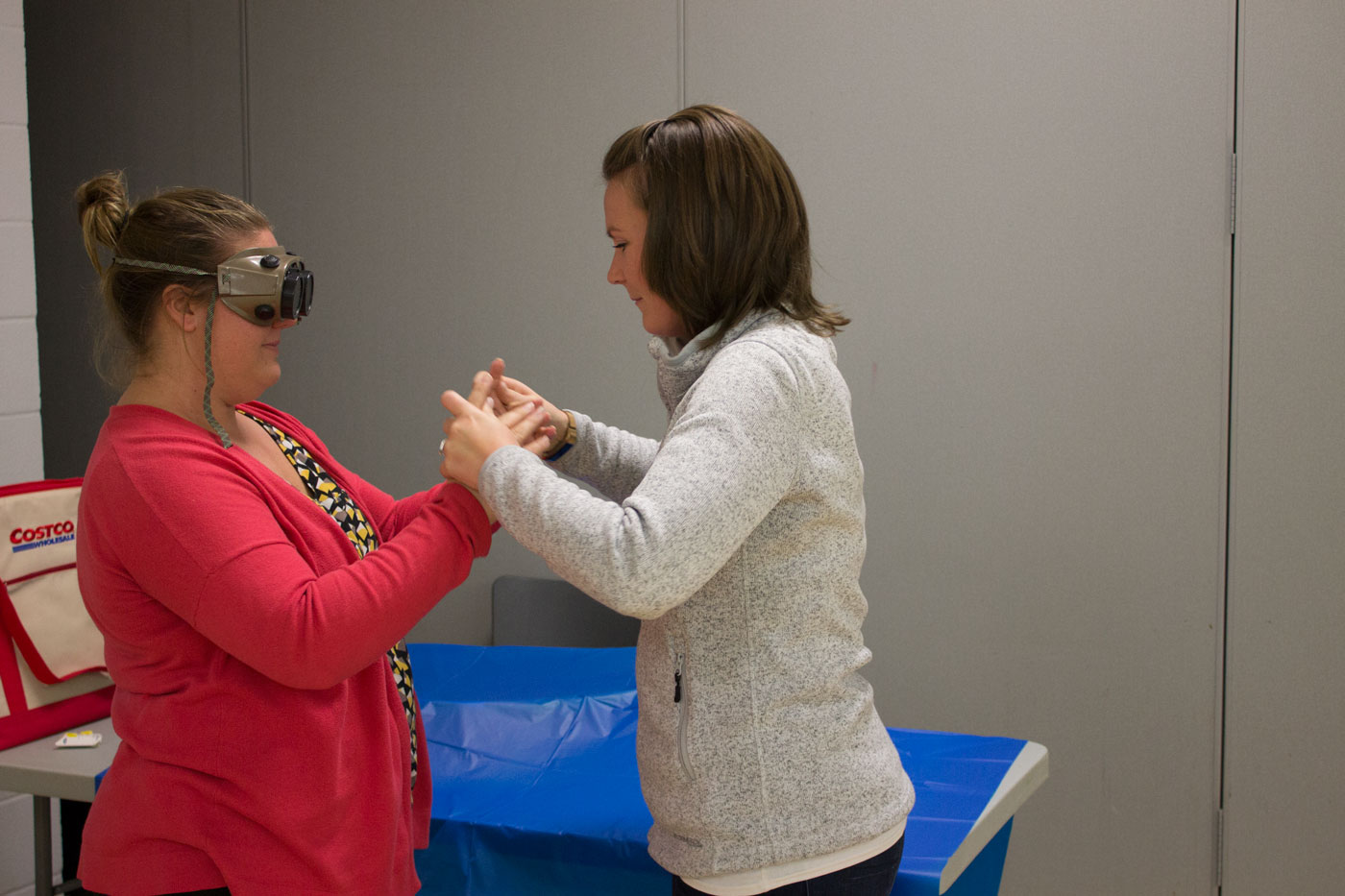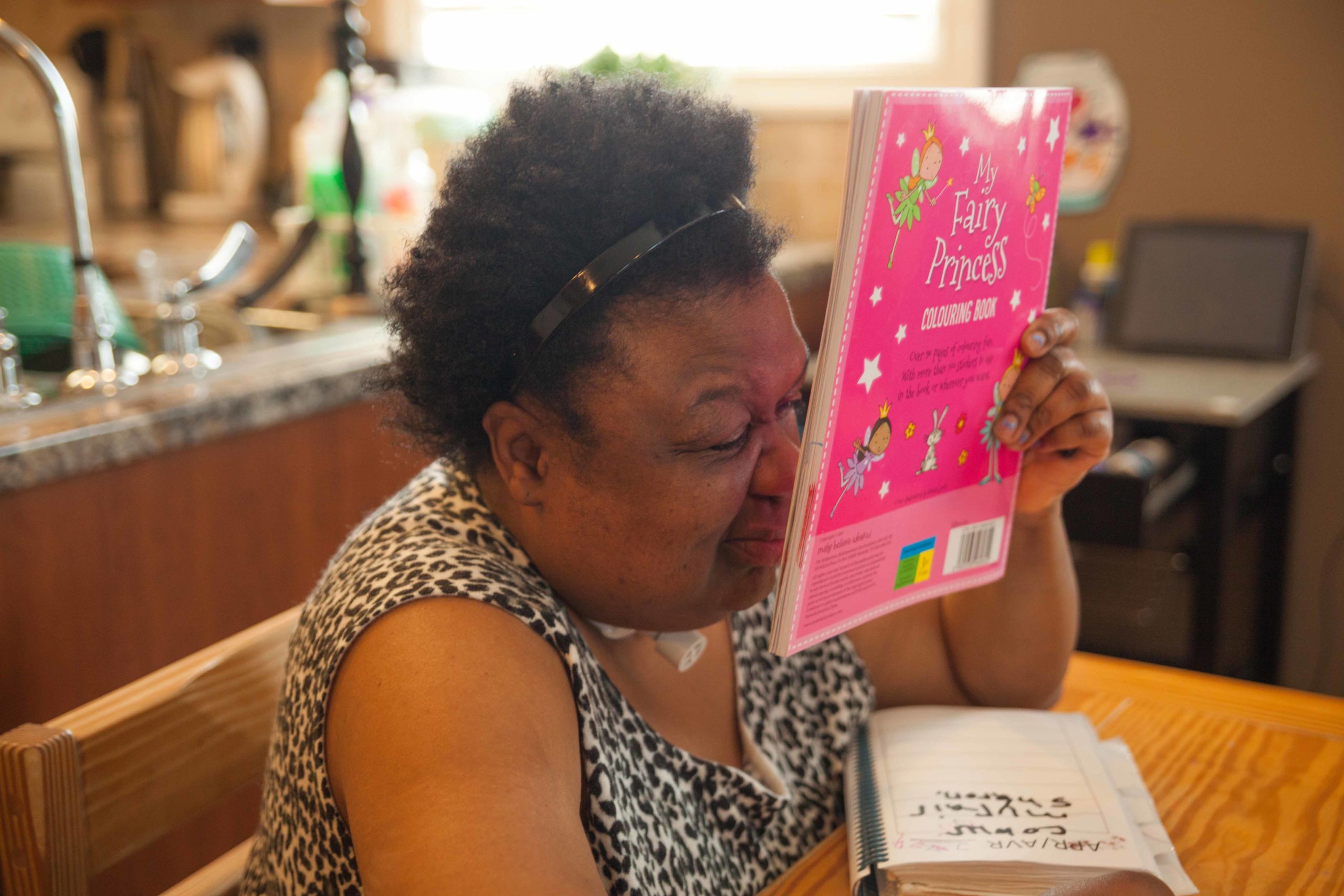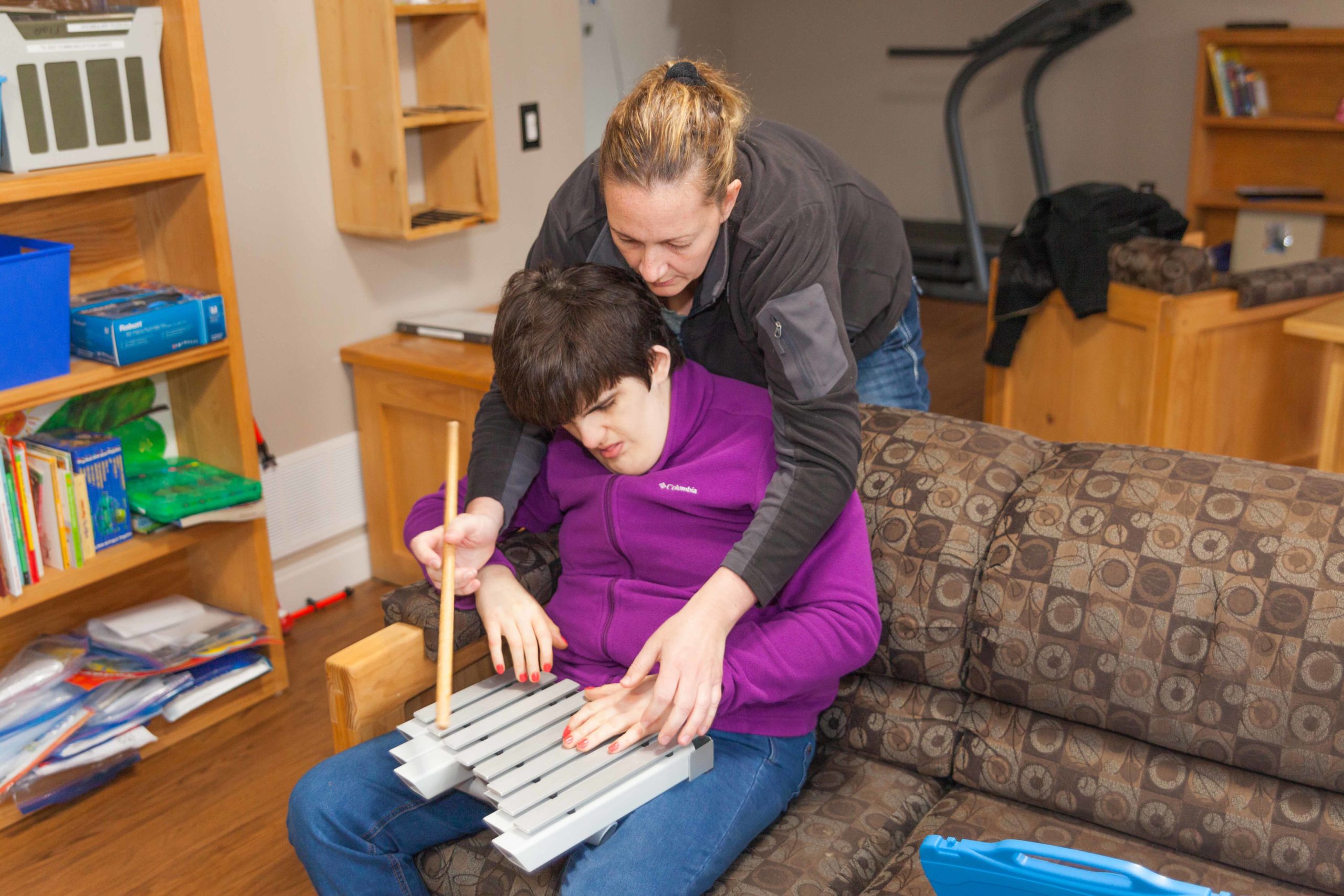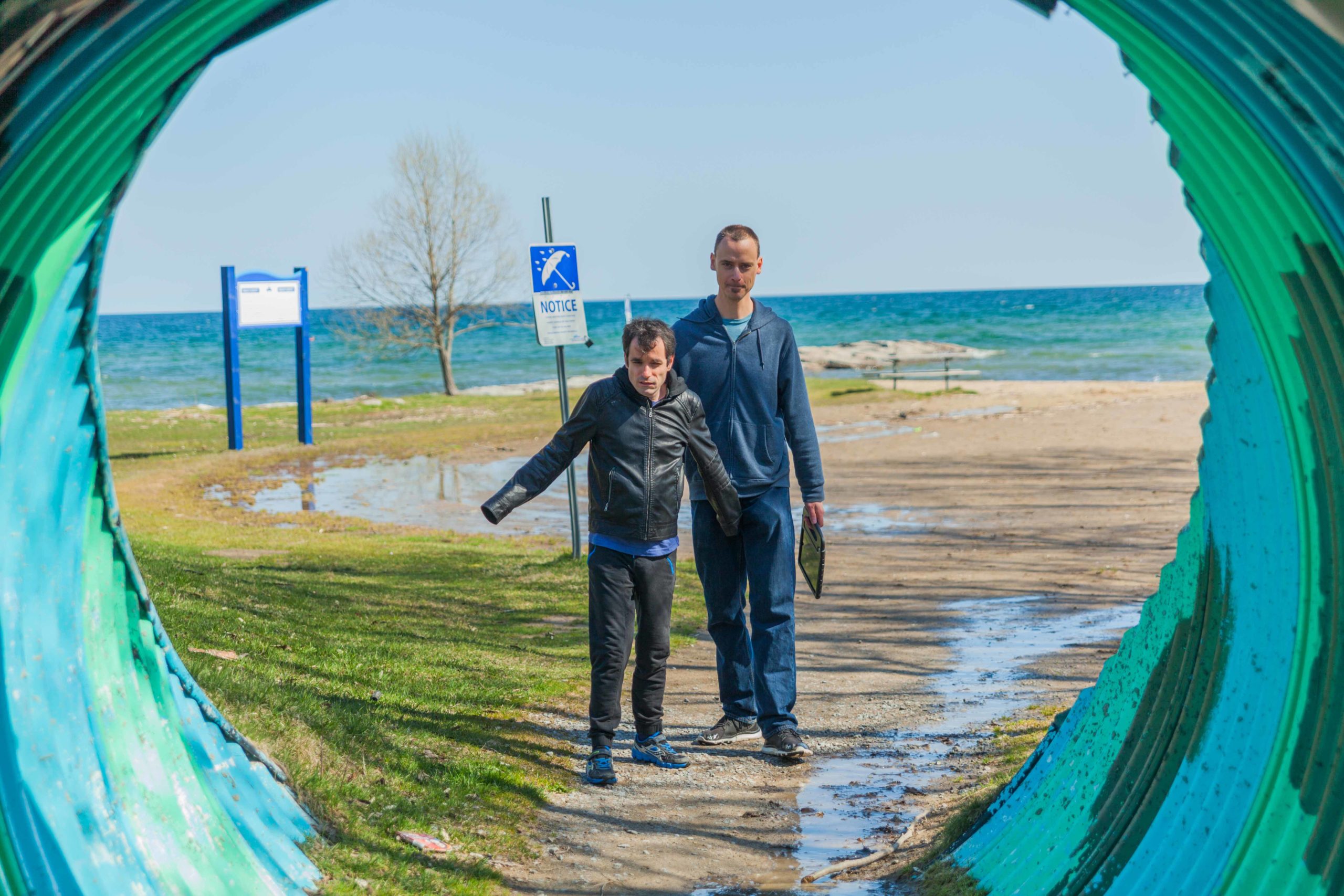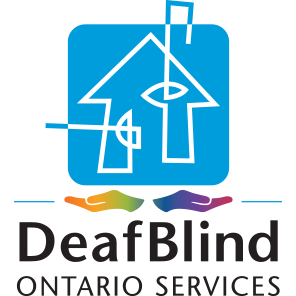Community Services
We believe in endless possibilities.
Our Community Services offer customized support services to people who are deafblind, as well as those who are Deaf, hard of hearing and non-verbal with a developmental disability where they currently reside. Partnerships with families, other community agencies and healthcare settings can benefit from our expertise in support services, personal plans, training, and mentorship.
Partnerships
Offers specialized expertise and services to individuals with deafblindness through their supporting agency. Every partnership is uniquely designed to ensure the needs of each individual are met in collaboration with the supporting organization.
Partnerships begin with an assessment of the needs of the individual your agency is supporting. Followed by discussion on how Intervenor Services can benefit the individual and augment the services you already provide. A custom program is developed for the person you support, which includes specialized training for your staff and ongoing mentorship and coaching.
Partnering agencies engage in interactive, customized training that focuses on the communication needs of the individual they support. Mentorship is a cornerstone of Partnerships. After the training is complete, the Community Services Team continues to follow-up and provide guidance to the support team sharing advice, knowledge and experience, to ensure the on-going success of the individual’s program.
Partners will also benefit from access to specialized resources on sensory loss, including the DeafBlind Virtual Resource Centre and other community organizations to widen their networks.
Funding support for this program may be available through the Ministry of Children, Community and Social Services. To inquire about Partnerships, please visit us at www.deafblindontario.com or contact our Director of Community Services by email at [email protected] or by phone at 1-855-340-3267 ext. 273.
Tremplin
“Tremplin” is the French word for “springboard” or “stepping stones”. This model of service delivery was originally designed for the needs of Centre Jules-Léger Consortium graduates and the desires of their families. This program is offered in both English and French.
Tremplin is a blend of our supported living and community services programs, focusing on community involvement during the day while allowing for each participant to return to their family home on a nightly basis. This program also provides the family with predetermined respite support throughout the year. Tremplin is ideal for people whose families prefer for their loved ones to retain the stability of remaining at home, while being able to thrive in a community program during the day, allowing them to exercise their independence.
Read Maryse’s success story here.
Supported Independent Living (SIL)
Developed for people who are Deaf, hard of hearing and non-verbal with a developmental disability or who are deafblind and live semi-independently with minimal support.
People supported through Supported Independent Living (SIL) book support staff for assistance with things like attending or setting up medical or dental appointments, community programs, work/volunteer placements and more. Support is also available with setting up technology devices (Computers, Skype, lighting systems, bed shakers, etc.) to meet their accessibility needs.
Long Term Care
Provides communication support services to persons who are deafblind or people who are Deaf, hard-of-hearing and non-verbal with a developmental disability living in LTC or other health care settings. This ensures people continue to have access to supports in their language or preferred mode of communication.
